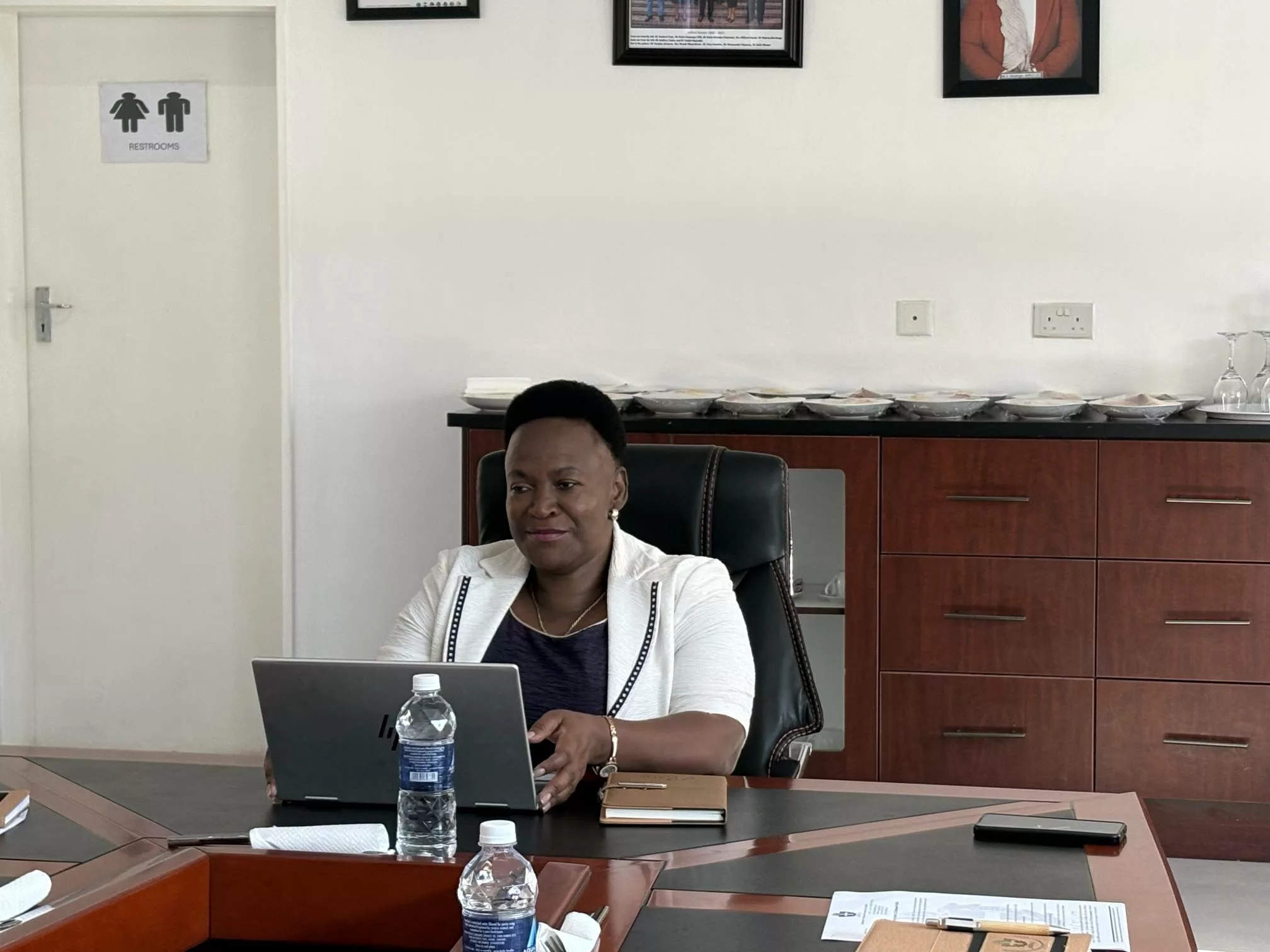|
Getting your Trinity Audio player ready...
|
Medical aid societies are an essential vehicle for sound healthcare delivery, the Association of Healthcare Founders of Zimbabwe (AHFoZ) Chief Executive, Ms. Shylet Sanyanga has said.
She said this yesterday during a media tour at the AHFoZ Head Office in Harare to familiarize journalists with the medical aid industry.
“We’ve been intending to do this for a very long time, because of late we have noticed that it doesn’t look like all journalists are familiar with the industry that is called the medical aid industry. So this is the reason why I know some of you cover some health-related stories. But considering the level of contribution that is made by medical aid societies, we just thought that perhaps there could be information gaps somewhere along the line.
“I’m not so sure unless you guys are getting more interesting things to cover. But I’m not so sure what could be more interesting than health, because for us to be able to do anything else, we have to be able to do something else. So I think we have to be healthy. That’s the starting point,” Ms Sanyanga said.
The Association of Healthcare Founders of Zimbabwe is the umbrella board for medical aid societies in Zimbabwe. It was formed in 1969 and by that time it was known as the Rhodesia Association of Medical Aid Societies. In 1979, the association changed its name to the National Association of Medical Aid Societies (NAMAS). In 2004, it got the new name of the Association of Healthcare Funders of Zimbabwe (AHFoZ).
“The name AHFoZ was to be able to embrace all the players who had come into the space of medical aid. Collectively, we’ve got 36 members, and we cover about 1.6 million lives. We pay a substantial amount as an industry towards healthcare services. Over the years, we’ve been complimenting the government in enabling access to healthcare services through paying claims. We’ve also contributed to slowing down the brain drain for some healthcare service providers who are in the private sector because they’ve decided to remain in the country because they are assured
of an income that comes from medical aid societies.
“Most of the specialists who are in private practice are also the same specialists who are servicing government hospitals. Most of the specialists with practices in town are the same specialists who are covering our public sector so by being able to keep them in the country, we have also been able to ensure a robust healthcare delivery system,” Sanyanga said.
AHFoZ publishes the reference tariff that is used by medical aid societies for paying health care service providers.
“So when you go to the doctor, most of the time they tell you to sign a claim form and then they submit it and so forth. We publish those fees that are used and we go through a process to ensure that the fees that are paid to health care service providers are fair, they are viable for the service provider and they are sustainable for the contributing member.
“We also accredit individuals. All healthcare service providers who will be doing business with medical aid societies have to be accredited. And we give them a unique identifier. If it’s a facility like a hospital, we inspect them and we grade them. We grade them using ABC, almost similar to hotels. Hotels use stars, we don’t use stars, we use ABC so that when medical aid societies are paying, they pay appropriate fees, depending on the level of service that is offered by the facility.”
AHFoZ also runs annual conferences to get all stakeholders under one roof to discuss issues and come up with solutions. It also lobbies for regulations to enhance the sustainability of the medical aid industry.
Stanford Sisya, the Chairman of AHFoZ said the association plays a big role in the prevention of fraud, waste, and abuse.
“So we try as much as possible as an association to combine as an industry and come up with countermeasures against fraud. So even the tariff, they’ve got codes. Those codes tell a story. They can actually tell us if a gynecologist is using a surgeon’s tariff too. We can pick from the AHFoZ number and the tariff to say it’s using the wrong code and ensure that the claim is rejected,” Sisya said.
Apart from conducting research, AHFoZ also engages healthcare service providers to negotiate tariffs and match them with regional tariffs or the economic environment.
For medical societies to remain sustainable, the contributing members should afford the contribution.
In Zimbabwe, 90% of the population is not insured. The government is working on the National Health Insurance Bill which seeks to regulate medical aid societies.






